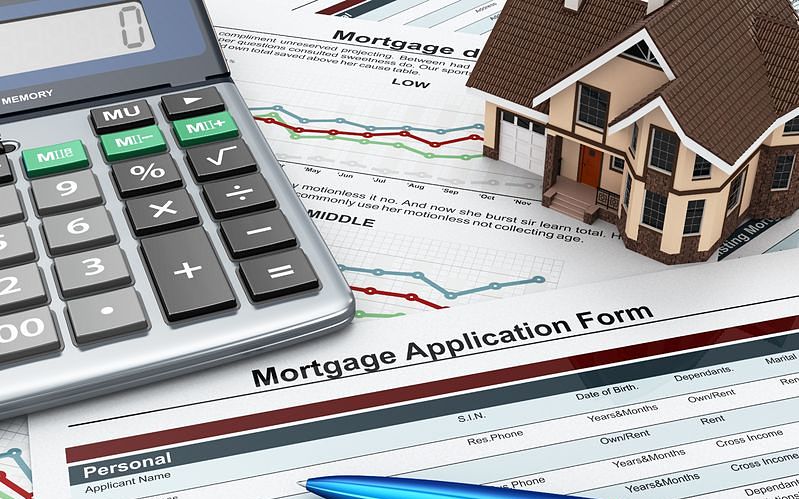
Ontario plans to help cool a hot housing market by bringing in a 15% foreign buyers’ tax, expanding rent control, allowing Toronto to impose a tax on vacant homes and using surplus lands for affordable housing.
Premier Kathleen Wynne announced Thursday that a non-resident speculation tax will be imposed on buyers in the Greater Golden Horseshoe area — from the Niagara region to Peterborough, Ont. — who are not citizens, permanent residents or Canadian corporations. Once legislation passes, the tax would be effective retroactively to April 21.
The tax is not about targeting immigrants, Wynne said, and a rebate would be available to people who subsequently get citizenship or permanent resident status, as well as foreign nationals working in Ontario and international students.
“The non-resident speculation tax has nothing to do with new Canadians and people who want to make Ontario their home,” she said. “With this tax, we are targeting people who aren’t looking for a place to raise a family — they’re looking only for a quick profit or a safe place to park their money.”
The average price of detached houses in the Greater Toronto Area rose to $1.21 million last month, up 33.4% from a year ago.
Skyrocketing demand and rising cost of housing is the “unwanted consequence” of a growing economy, but the province’s new measures will make the process of finding a place to live a little easier, a little less frantic and a lot fairer, Wynne said.
“When young people can’t afford their own apartment or can’t imagine ever owning their own home, we know we have a problem,” she said. “And when the rising cost of housing is making more and more people insecure about their future, and about their quality of life in Ontario, we know we have to act.”
The province will also expand rent control, which currently only applies to units built before November 1991, after tenants in newer units complained of dramatic spikes in rent. New rules would see all private rental units fall under annual rent increase guidelines. Those have averaged two per cent in the last 10 years and this year it is 1.5%.
Toronto Mayor John Tory has been calling for a tax on vacant homes, and Wynne says Ontario will give Toronto and other interested municipalities the power to impose such a tax to encourage owners to sell or rent such spaces.
The provincial Liberal government’s housing plan contains 16 measures in total. It also includes rebating a portion of development charges to encourage rental construction under a five-year, $125-million program.
Rules for real estate agents will also be reviewed, in particular practices such as double ending, in which the agent represents both the buyer and the seller.
Ontario will also establish a program to identify provincially owned surplus lands for affordable and rental housing, with an eye to using a few specific sites such as the West Don Lands in Toronto for pilot projects.
Photo copyright: maxxyustas/123RF